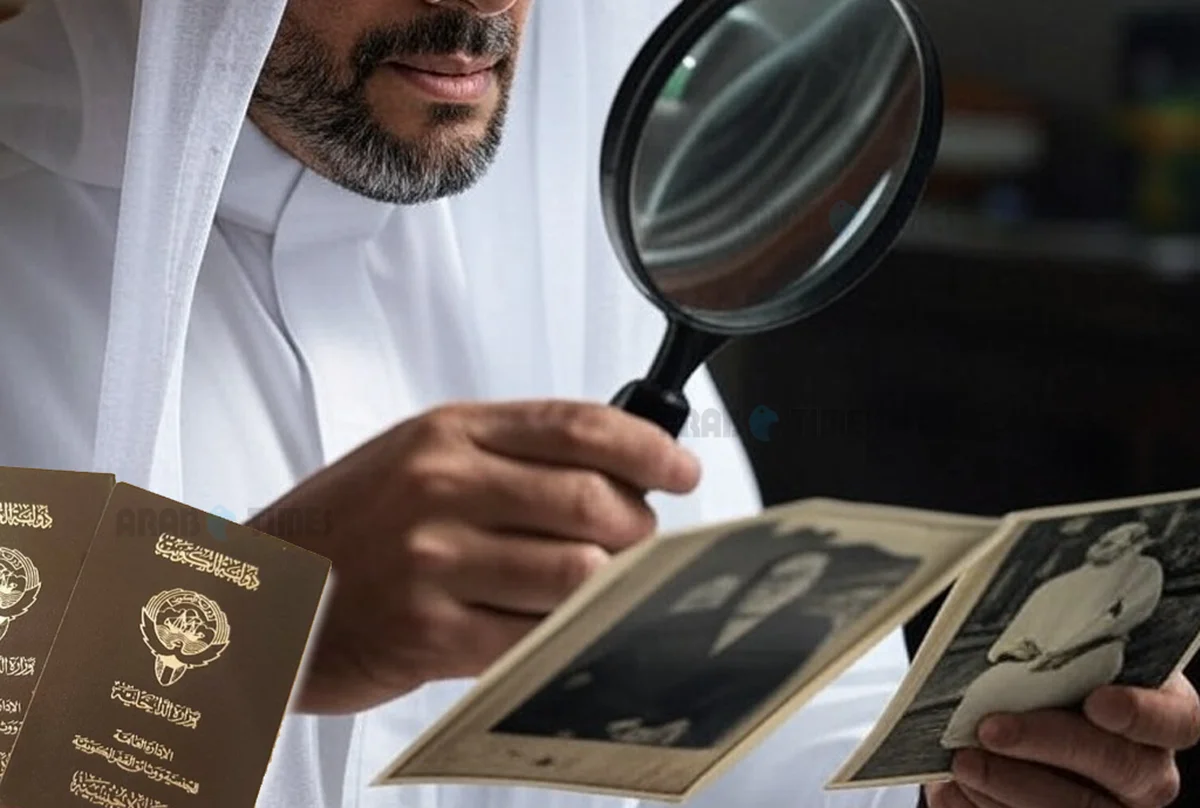16/10/2025
16/10/2025

KUWAIT CITY, Oct 16: In a stunning twist that reads like a political thriller, the Supreme Nationality Committee has closed the curtain on one of Kuwait’s most audacious cases of forgery — the tale of a man who rose from obscurity to the nation’s highest legislative halls, wielding authority he never rightfully possessed.
The man, who did not even know Kuwait until the late 1990s, managed to infiltrate the very fabric of Kuwaiti society, deceitfully securing citizenship and ascending to the National Assembly as a lawmaker. From that seat of power, he questioned ministers, challenged policies, and even threatened to topple officials — all while his own existence in the country was built on a lie.
The truth finally caught up with him. In a decisive meeting chaired by First Deputy Prime Minister and Minister of Interior Sheikh Fahad Al-Yousef, the Supreme Nationality Committee stripped the former MP of his citizenship after conclusive security and genetic investigations proved that his nationality had been obtained through forgery. This decision marks yet another chapter in the long-running saga of false nationalities — a file involving 169 individuals, some of whose fraudulent claims trace back to the 1960s.
What investigators uncovered was a sprawling web of deceit — a family network that had woven itself into Kuwaiti society for over half a century. At its heart were four siblings of Gulf origin who, through false documents, forged witness statements, and fabricated birth records, built an empire of lies that spanned generations. Their descendants inherited these forged identities, with one of them ultimately rising to the rank of parliamentarian — a man who would one day face the nation’s full reckoning.
The Beginning: A Brother’s Genuine ClaimnThe story begins in 1963. The eldest brother, known as (H), born in 1942, applied for and legally obtained Kuwaiti citizenship under Article 5 of the Nationality Law, after proving his birth and long-standing presence in the country. His naturalization was legitimate and raised no suspicions at the time.
But twelve years later, in 1975, three new names emerged from the shadows — (S), (M), and (A) — claiming to be H’s brothers. Born in 1941, 1943, and 1947 respectively, they suddenly surfaced with newly issued birth certificates asserting they too had been born in Kuwait. Their timing was uncanny: each certificate was issued just months before their naturalization applications were submitted.
The Web of LiesnThe three men applied for Kuwaiti nationality under Article 1, claiming their father had lived in Kuwait prior to 1920 — a key requirement for such citizenship. They presented falsified witness statements and even submitted a death certificate for their father, purportedly dated 1970, to support their story.
They also conveniently concealed a crucial fact: the existence of their brother (H), who had already obtained citizenship legitimately under a different article of law. Within months, each of the three brothers received Kuwaiti nationality — one after another — building upon the same web of deceit.
This chain of falsehood would go on to shape the lives of their children and grandchildren for decades. Some would rise to prominence, others would live quiet lives, all under the shadow of a fabricated identity — until the truth, buried for half a century, was finally unearthed.
Justice RestorednThe revocation of the former MP’s citizenship is not just a legal act — it is a symbolic one. It signals the state’s determination to reclaim integrity in its national records and to dismantle networks that have exploited Kuwait’s hospitality and legal system for personal gain.
As the Supreme Nationality Committee continues to investigate the remaining names tied to this intricate file, the nation watches closely. For in the story of one man’s deceit lies a deeper reminder — that truth, no matter how long suppressed, always finds its way to light.


